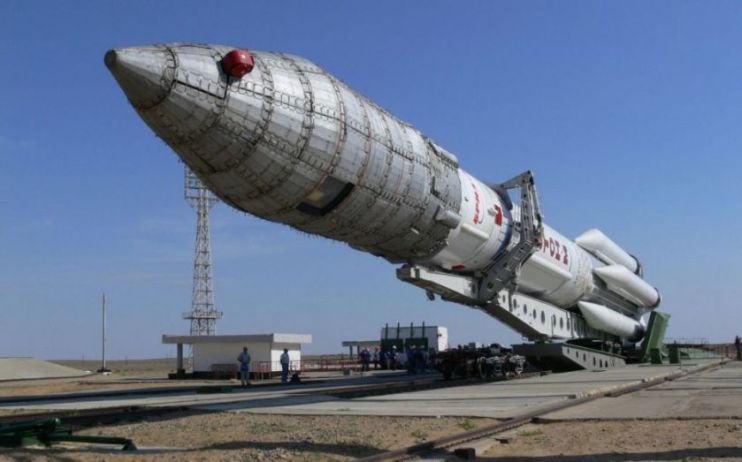Viasat and Inmarsat $7.3bn merger could choke competition in wifi market, says CMA

Viasat and Inmarsat’s $7.3bn (£6.4bn) merger faces further scrutiny from the UK’s competition watchdog over concerns it will choke competition in the aviation sector’s on-board wifi market.
The Competition and Markets Authority said today that with both companies having a strong presence in the aviation market, the deal would remove a significant element of competition – which would see airlines face higher prices and worse quality of on-board wifi as a result.
The pair now have five days to address the regulators concerns before it then launches a second phase of its investigation into the merger.
Senior investment and markets analyst at Hargreaves Lansdown, Susannah Streeter, said that “any hopes that the deal could be done and dusted by the end of the year are fading fast.”
The latest update from the CMA is a “significant set-back” given that the merger was ruled as not posing a risk to national security just weeks ago, Streeter continued.
‘’It now seems highly likely that the CMA will refer the merger to an in-depth investigation given the preliminary concerns raised by the competition watchdog,” she added. “The watchdog clearly isn’t satisfied with the initial comments from the two companies addressing these competition concerns and it seems they’ll have to come up with a lot more evidence that customers won’t be financially harmed for the deal to pass.”
In a statement today, Rajeev Suri, Inmarsat’s CEO, said: “Strong players are already offering in-flight connectivity and the new low-earth orbit (LEO) players—which already operate over half the satellite broadband capacity available globally—are aggressively and successfully targeting aviation. We expect competition to be robust in the years ahead.
“The highly complementary combination of Viasat and Inmarsat will support the UK government’s objective to drive growth by providing more jobs and investment in the UK space industry than we expect could be provided by Inmarsat as a standalone satellite communications provider.”
Viasat’s CEO and executive chairman Mark Dankberg added that the CMA’s decision to push for a second phase of its review was “not unexpected”, despite in-flight connection (IFC) representing less than 10 per cent of the satellite firm’s revenue.
“This is still a nascent, dynamic, and rapidly evolving business, with existing providers and extremely well-financed new entrants bringing new technologies and new business models to increase adoption among airlines, passengers, and aircraft types,” he said.
“We intend to work closely with the CMA to show that our transaction will benefit customers by improving efficiencies, lowering costs, and increasing IFC availability around the world – and to reach a satisfactory conclusion in Phase 2.”